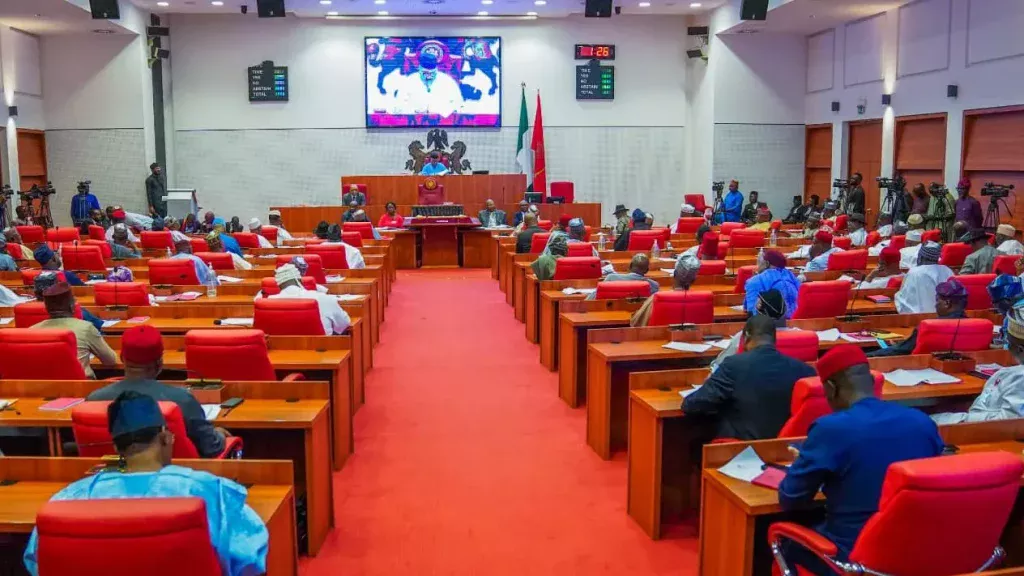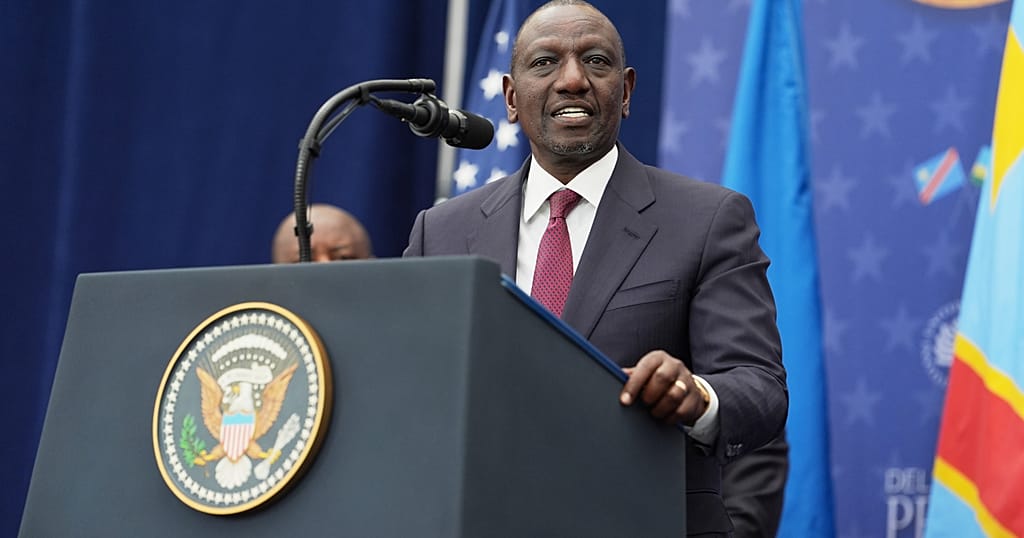Members of the Senate Committee on Appropriations were taken aback on Tuesday when they discovered the absence of allocation for the 2024 population and housing census in the budget proposal for the National Population Commission (NPC).
Senator Abdul Ningi, the Chairman of the Senate Committee on National Population Commission, revealed this development while presenting a report on the NPC 2024 budget to the collating Committee. He emphasized that the failure to allocate funds for the census would result in a loss of over N200 billion, which the National Population Commission has already invested in the preparation.
Ningi further disclosed that NPC would provide detailed documentation on the required budget for the 2024 population census at the next meeting. He passionately expressed, “If we don’t get the money, the nation will lose, the people will lose, the money spent on the preparation for the census will go down the drain and it is a humongous amount of money, over N200 billion already spent that is my take.”
In response to this revelation, Senator Olamilekan Adeola, the Chairman of the Senate Committee on Appropriation, assured Ningi that the committee would strive to secure the necessary funds for the 2024 population census in the budget. He stressed the importance of the head of the agency appearing before the committee to outline the essential requirements for conducting the census, which is scheduled to take place in the first quarter of the upcoming year.
Adeola added, “Let me assure you that the country will not lose and we are going to work very closely with them that a 25 per cent component is included, we must find a way to accommodate it in this 2024 budget. We would like the agency to appear along with the chairman of the committee, with a synopsis of the idea of what is going on about the issue of the census and whatever the issues are, I can assure you that we will resolve it and the population census will come up by the first quarter of 2024.”
Meanwhile, the Joint Committee on Appropriation has endorsed the inclusion of a controversial N1 billion in the 2024 budget of the Federal Ministry of Industry, Trade and Investment. This decision followed the reception of the report of the Joint National Assembly Committee on Industry, Trade and Investment on the Ministry’s 2024 budget. Chairman of the Appropriation Committee, Adeola, reiterated the commitment of federal lawmakers to conduct thorough oversight to ensure proper utilization of the funds.
During the budget defense session, Senator Adams Oshiomhole, a member of the National Assembly standing committee overseeing the affairs of the ministry, highlighted the ministry’s plan to allocate the aforementioned sum for foreign trips next year. However, Minister Doris Uzoka-Anite clarified that the N1 billion was intended for the maintenance of the ministry’s desk office at the World Trade Centre in Geneva, Switzerland.
In response, Chairman of the joint panel on Industry, Trade and Investment, Senator Sadiq Umar, informed the appropriation committee that the funds were aimed at attracting foreign investors from around the world to Nigeria. He emphasized the need to strengthen the trade office within the country and articulated the importance of integrating and optimizing the foreign services to attract investments. Umar reassured the committee of their dedication to working with the Minister to ensure the effective utilization of foreign services to attract investment into the country.
This development showcases the intricate budgetary discussions and decisions being made in Nigeria, underscoring the importance of adequate funding for crucial national processes such as the population census and the potential impact of budgetary allocations on the country’s economic development.
The engaging exchange within the Senate Committee exemplifies the active role of government bodies in shaping the future of the nation, underscoring the necessity for transparent and strategic allocation of resources to fulfill critical developmental objectives. This decision-making process not only impacts Nigeria’s domestic landscape but also has implications for its global economic and diplomatic engagements. It is imperative for such budgetary matters to be managed effectively to ensure the realization of national objectives and the maximization of opportunities for sustainable growth and development.



